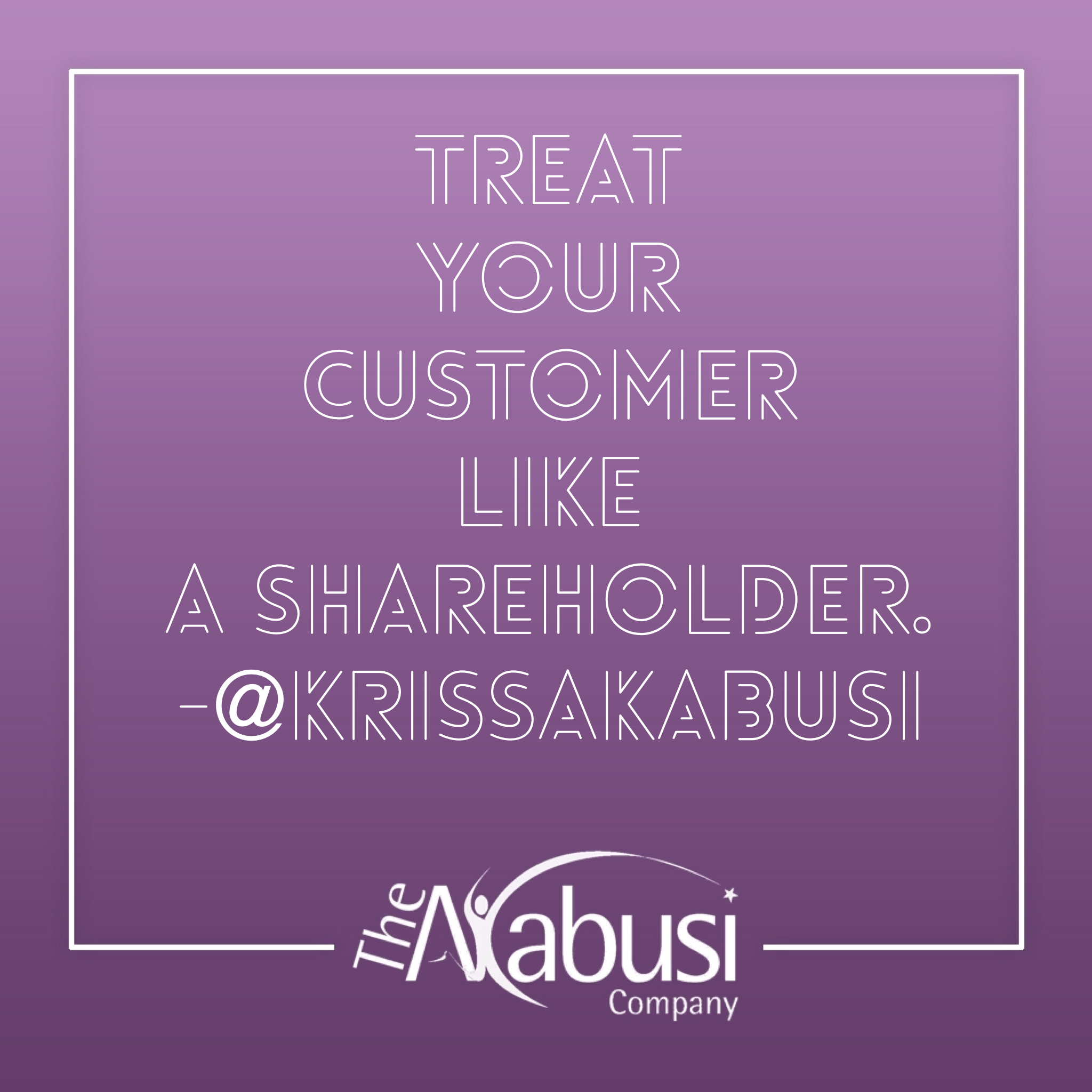
A lesson in customer relations…
I don’t often write this kind of post, but I’ve just had to get my thoughts down on a recent experience I’ve had – and I would love to hear your thoughts too!
We hear so much in business about the customer – the customer is king, the customer’s perception is your reality, and Bill Gates’ “Your most unhappy customers are your greatest source of learning”. And today, I feel like a pretty unhappy customer!
Since I was 17 years old, I’ve worn Chanel Antaeus – it’s the scent I’ve come to associate with myself, and those who know me associate with me too. It’s part of me and it expresses who I am – it’s a personal thing!
I’m a particular fan of the range’s Emulsion Apres Rasage. It’s a soothing balm you use after shaving, but it also has a really long-lasting scent. Now, last year, I heard rumours that it was going to be discontinued, but not much more than that – certainly nothing official from Chanel – so I didn’t really think anything of it. Then, last week, I went into Milton Keynes to buy some more – and that’s when the problems started…
I tried Debenhams, I tried John Lewis, I tried Boots. None of them had it – the line’s been stopped. The assistant in Debenhams told me she’s had to turn away at least ten people all asking for the same product, all of a similar age to me, all undoubtedly with a good disposable income.
Now, I could get the aftershave lotion instead, but it’s very sharp and doesn’t soothe – it’s not what I want! I want the Emulsion Apres Rasage! I’ve now found myself at a loss after investing over 40 years as a loyal customer of Chanel, desperately trying to find something else to fill the gap I’ve relied on for so long. I did some research online to find something with a similar woody, bergamot, lavender tone – coming across Armani Code and Fahrenheit in the process, as well as an £8.95 apres-rasage from The Body Shop. Now, this could potentially save my relationship with Chanel, as I may be able to continue using the Antaeus range while using the Body Shop apres-resage.
But, more likely, I’ll find myself discontinuing my relationship with the whole range, and spend the next 20 years investing in a company, like Armani or Fahrenheit, which does meet all my needs with their product range.
And this is a lesson a brand has to learn: without showing understanding of your customer, you risk losing their business entirely.
Now, I understand sometimes a product isn’t profitable for a company and they need to cut costs. And, despite the number of men in the same position as me right now, I hope Chanel had the sense to do some pretty hefty research on their customer base before making this decision.
However, there’s more than one way to skin a cat! I’m feeling frustrated right now – not just because the product’s been stopped – but because, despite being a loyal customer who has invested tens of thousands of pounds in the company over the years, I was given no warning, and no alternative product. I feel like I’ve been dumped!
When a company makes a decision like this, they can damage the brand – just like we explored in The Trust Equation. Chanel is a credible brand, but I now feel they’ve lost reliability and intimacy, doing it all in their self-interest.
So what could they have done instead? And what can you take from this experience for your business?
When it comes to personal products that contribute to a customer’s identity – your scents, your clothing, even your cars – there’s much more at stake, and this understanding needs to be shown somehow:
- Once you realise a product will be scrapped, communicate that to your customer
- Explain why, explain when it will happen, and that you understand their disappointment
- Do it on a card handed out at purchase, train staff to give the right explanation, communicate through your mailing list
- Offer an alternative or give advice as to which products could be used instead
Bottom line: treat your customer like a shareholder. They have a stake in your business, and don’t underestimate it! Communicate properly with them, and you might just have a chance of keeping them.
What other ideas do you have for improving customer relationships in these kind of circumstances? Let me know in the comments below!

